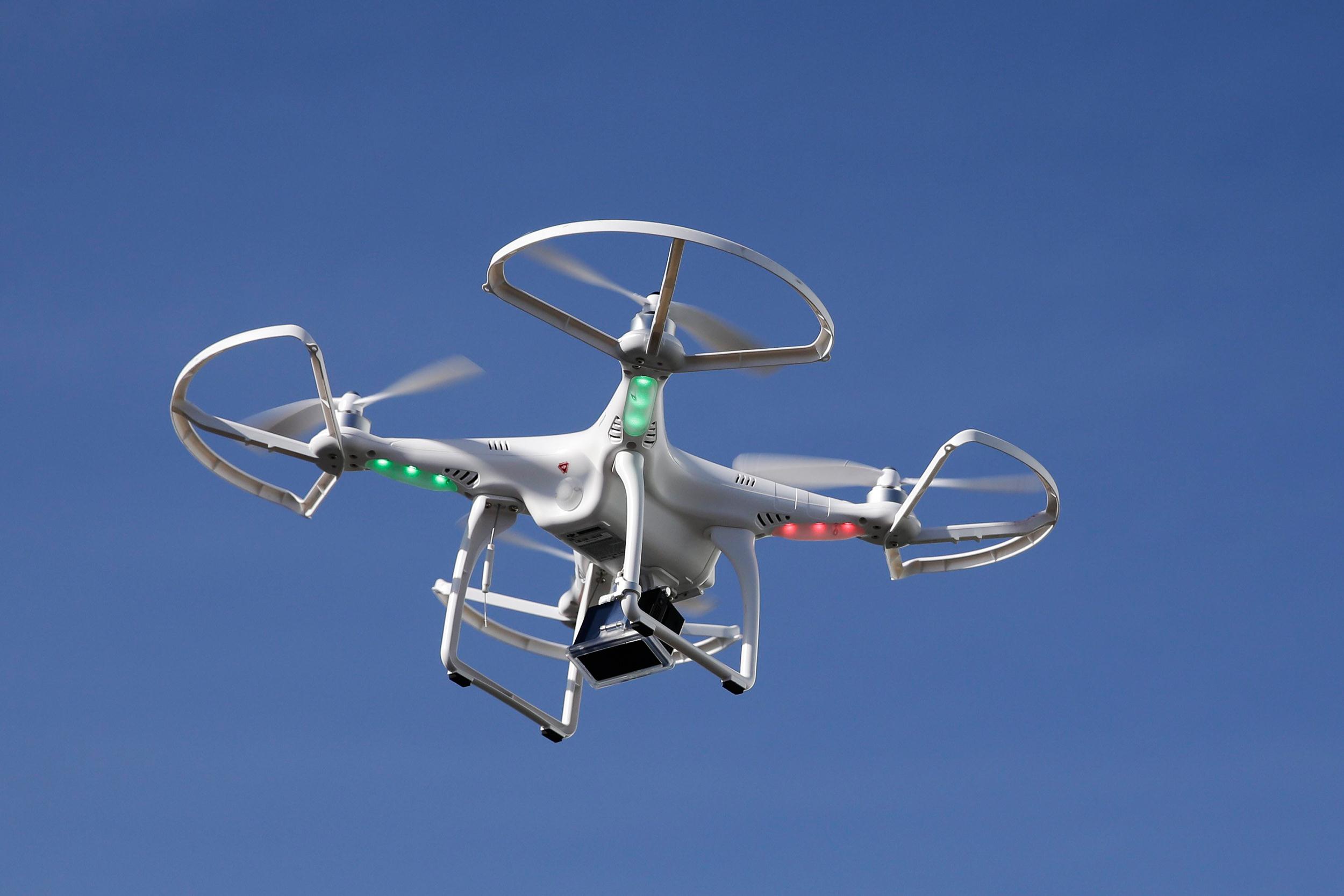999 drones ‘may be used to spy on us’
Councillors and charities fear technology being trialled by police could put civil liberties at risk
Friday, 31st October 2025 — By Daisy Clague

CIVIL liberties are at risk from the use of drones for policing, councillors and charities told the Tribune this week, after the Metropolitan Police announced it is trialling drone technology to respond to 999 calls.
Islington is the first London borough where the Met is testing its “Drone as First Responder” (DFR) programme, whereby drones are stationed on police station rooftops and help officers respond to emergency calls by flying to a crime scene within two minutes and filming from above.
The technology performs a similar function to police helicopters, but is cheaper, quieter and more environmentally friendly, the Met said – but others have warned of risks if it is not subject to proper oversight.
Highbury Green councillor and London Assembly member Caroline Russell told the Tribune: “There are huge civil liberties implications of these very small machines. This technology could clearly be used with live facial recognition. It could be used to spy on people at a completely legal, peaceful protest. The potential for them to be used for covert surveillance is very high.
“I think there need to be public, very clear rules in terms of how drones are used so they do not introduce the loss of civil liberties through the back door. The police need to be accountable. There needs to be ongoing oversight and absolute transparency of what the oversight process is and who is involved in it.”
The Tribune understands that Islington was chosen as the London trial site for DFR because it has suitable roof space to house the drones, sufficient police demand and relatively low-rise buildings.
The Met will be deploying drones in response to emergency calls but, as Cllr Russell pointed out, it is safeguards and scrutiny rather than technical barriers that will ensure the technology is not used more nefariously – such as for live facial recognition or even force.
She added: “We have to be aware that drones could be used in a way that is hostile. In this very unstable world that we’re living in we do need to think about that as a risk. The potential of lethal force is a very, very scary prospect and it underlines the need for really clear safeguards and processes of transparency about their use.”
Chris Cole, director of UK Drone Watch, said it would be unlikely for the Met to use drones for force but they do pose a threat to privacy and other civil liberties.
“Privacy is being eroded all the time,” he told the Tribune, noting that while this may be the first time police are using drones for emergency response, they have been used to monitor peaceful protests by Black Lives Matter, Extinction Rebellion and anti-HS2 campaigners in the past.
“We are the most surveilled country in the world.
“If we’ve done nothing wrong, why should we be surveilled? It has been accepted that individuals have a right to privacy, unless they break laws. Now, it’s assumed that you’re a lawbreaker until you’re proven innocent, and that’s a big change in the way the state is controlling individuals in this country.”
There are plans to roll out the DFR programme to the West End and Hyde Park by the end of the year.
According to the Met, there are currently no plans to use live facial recognition on drones, and there would be stakeholder engagement ahead of any policy change. DFR also does not change how the Met polices protests, where police helicopters and other drones will still be used.
A Met spokesperson said: “The Drone as First Responder scheme will allow us to make London safer than ever before. This new technology will see police responding more quickly to emergency calls, with drones feeding intelligence to officers arriving at incidents – helping them catch criminals and stop them from causing further harm to communities.
“They are not used for surveillance. They are only responding to calls form the public for police assistance.”